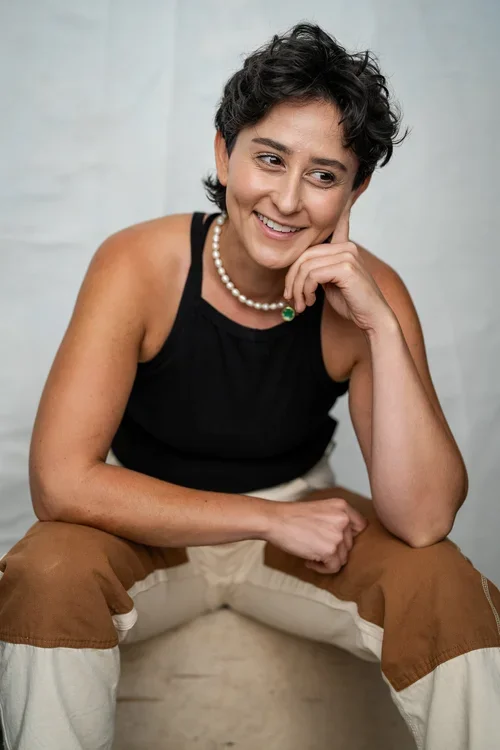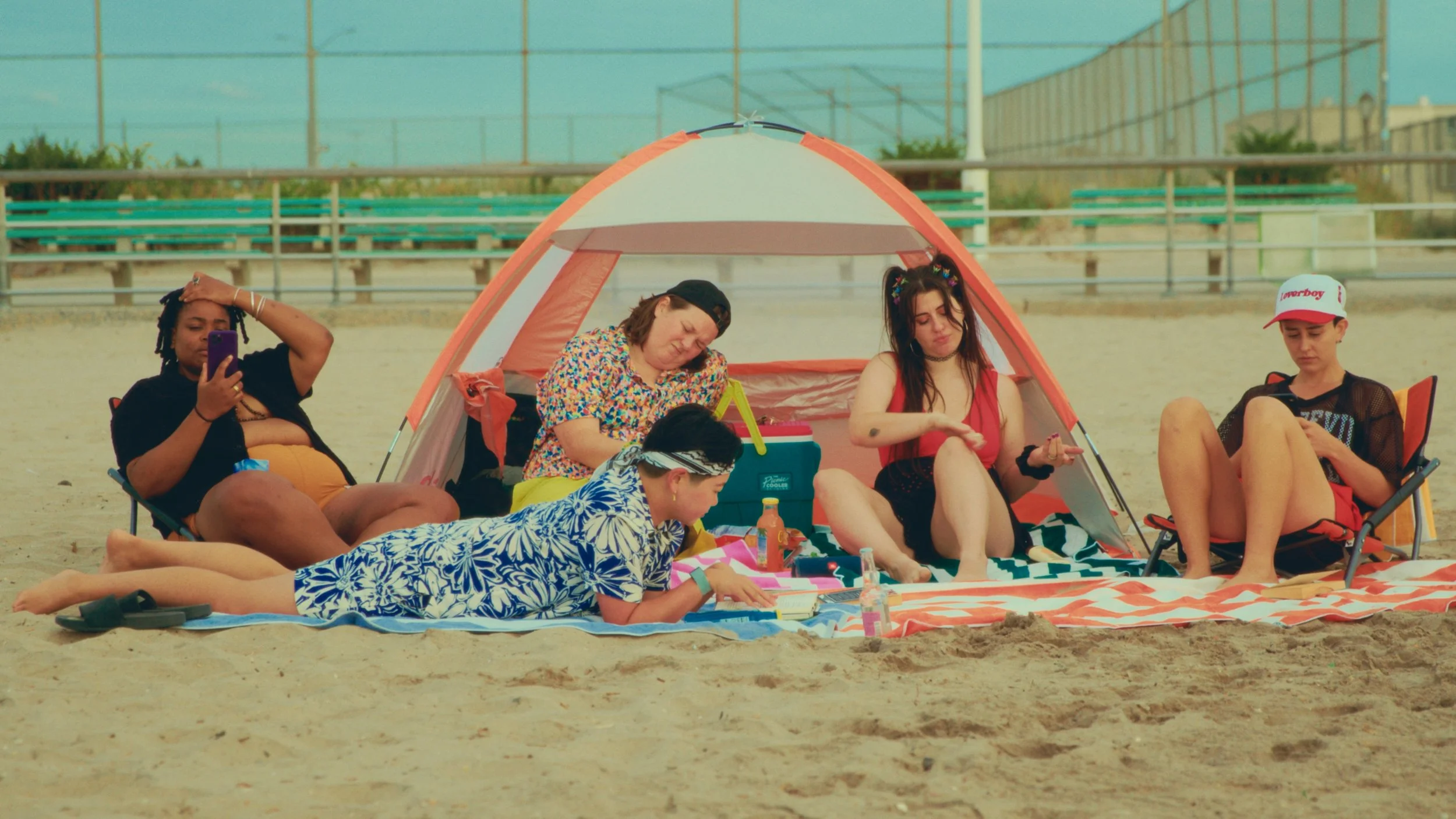Q&A with Filmmaker Claire McClain
Claire McClain
Claire McClain is a queer bi-coastal actor and multidisciplinary artist based in Los Angeles. Originally from Missouri, Claire discovered acting through James Cagney films and pursued it with determination, earning an MFA in acting. They have since built a dynamic career, appearing in national commercials, voiceover campaigns, theatre, a feature on Apple TV, and award-winning shorts. Known for blending grit with wit, Claire brings authenticity to both dramatic and comedic roles. Expanding into filmmaking, Claire is the writer/producer of Riis, which is screening at the Bushwick Film Festival this year.
This Q&A is part of the Bushwick Film Fest Filmmaker Q&A series
Riis (2025)
What inspired you to create this film, and how did the initial idea come to you?
I was inspired to make this film years ago when there was talk about building a luxury hotel at Jacob Riis Beach. There was a lot of fear about how this would change the acceptance of queer people at the beach and in general push people out. Riis is as eclectic as it is inclusive so it makes it hard to describe. I thought if this ever goes away, how will we explain what we had here? This space that for decades has been a haven for LGBTQ+ and BIPOC communities. I knew it had to be preserved, I knew it needed a narrative structure, because it's just how we get other's invested--narrative. AND, truly I wanted to do a Robert Altman's Nashville style film with the real people at the beach, but the budget and timeline would have been so insane haha. But that was the initial idea.
Why does this story need to be told now?
*gestures broadly*
Describe who you want this film to reach.
Everyone. But to be honest this one was for queer people. I am big on teaching and advocacy inherently has to reach someone that doesn't agree for it to be effective, but queer people need a way to exhale. This is something to take the edge off and hopefully keeps us going, you know? Reminding us of what we are trying to protect. It can get so dark when we see ourselves in films. I want us to have dumb comedies. To remember laughter and how it feels to be in community.
What do you hope audiences will take away from watching your film?
I tried not to preach too hard in this film or it would feel yuck and not be funny. But I definitely want them to see that Riis is soooo special. Truly. Know that it exists for them. Then, you know, I float softly, a message about not putting off your life just because it's not the perfect conditions for it. It's in the interaction between Rowan and Casey, when Rowan talks to Casey about top surgery as a way to approach Casey about this sort of perfectionism--that frankly is making Casey like not see things clearly and miss opportunities for connection. It's why community is important. Having people that can accept you when you have trouble accepting yourself. Invaluable.
How do you want people to feel after they see your film?
What I hope is that they laughed in a room with people. There is great value in that. I hope they feel seen and called out in a fun lighthearted way that just makes whatever they're carrying lighter.
What was the biggest inspiration behind this film?
The people I know. So many very talented queer people in filmmaking that I think deserve to work in this industry. I pushed so hard for this project because there were so many people that I wanted to have the chance to work on something that they had a really clear perspective on.
What was your favorite part of making your film? Memories from the process?
Oh my god. Our shoot rocked my ass off. That was the most fun I have ever had on a set. We were so prepared and were able to wrap early on our second day. Everyone stayed and swam in the ocean together and like WATCHED THE SUNSET?!? It was so beautiful to have a moment to just like appreciate each other and our work. And Riis!
What was a big challenge you faced while making this film?
Everything. Our pre-pro was a hell. haha. Permitting in particular. We couldn't pin down a shoot date without the permits. That created scheduling issues with cast and crew. It was hard won, but so worth it. I'm glad we didn't give up. The beach presents it's own challenges as a shooting location. Weather--we almost cancelled the shoot the week before because of an expected storm. Thank god we didn't because the storm didn't happen. Just a lot of elements were in the air.
Tell us an anecdote about casting or working with your actors.
I wrote everything for the main characters with the actors you see in mind. That way people could improvise more and the dynamics were organic. Things could flow.
Were there any films or directors that influenced your approach to this project?
I think a lot of 90s rom-coms. I already mentioned Nashville. Stand by Me is probably somewhere in there--story about the firm foundation of friendship.
What inspired you to pursue a career in filmmaking?
I have loved watching movies since I was a kid. Sometimes it would feel like the film reached something in me that I couldn't grasp. Watching films gave me language for experiences that were really difficult growing up. It would be a little tough at my house. As I have gotten older, that yearning for something to reach me has evolved into a need to reach out.
Why is filmmaking important to you? Why is it important to the world?
I think the above. But a good film helps people see others better. It has a huge capacity to change perspective and the medium itself has revealed to us so much about the brain and human perception. If you can be really dedicated to the task, I think a filmmaker can connect disparate factions. Make people feel whole, connected, less alone.
What role does technology play in your filmmaking process, and how has it evolved over the years?
I have no idea.
What is something that all filmmakers should keep in mind in order to become better cinematic storytellers?
I'm still learning. But the Kuleshov effect is so instructive. I don't care if it's like filmmaking 101. The audience should not be thought of as passive. Our minds fill in gaps naturally. So, I think anywhere that you can leave room for the audience to do some processing, the impact will be greater. Don't do their thinking for them.
Films are lasting artistic legacies; what do you want yours to say?
Everyone should get to enjoy the sun and the ocean without fear.
If you weren’t a filmmaker, what would you be doing?
Everything I do now - minus the filmmaking haha. I have a lot of passions and they all feel weirdly connected to the same impulse to make films. I paint, I write music, box, teach and build things. I always have like 10 projects. It drives my girlfriend nuts, but you know she loves me -- keeping things interesting!
How do you approach storytelling in your films? What’s your process for developing a script or concept?
Oh, everything is like I'm writing a personal letter to someone I know. Writing is like: "I have a message. I'm sending it right to this person and I need to give this context for the message to come in clear." The genres are like for me to be understood. The environment of the film are to connect the wider world to the story.
What’s your history with the Bushwick Film Festival?
I think I was in a short that went to BFF. It was called "Perfect as Cats." It's a great fest! Thanks for including us!
Can you talk about the festival experience? How does it feel to have your film selected?
So flattering and honored.
How do you feel about your film being screened in front of a festival audience?
It's hard to enjoy a comedy on your own. It needs an audience to really live.
What’s the last film you watched?
Watched Parasite and She's the Man the other night.
What’s the last book you read?
"Man and His Symbols" by Carl Jung.
One thing people don’t know about me is _____.
I am arab-american.
Early bird or night owl?
I have been both and can be both.
What three things do you always have in your refrigerator?
Baking soda, hot sauce, hummus.
This Q&A is part of the Bushwick Film Fest Filmmaker Q&A series



